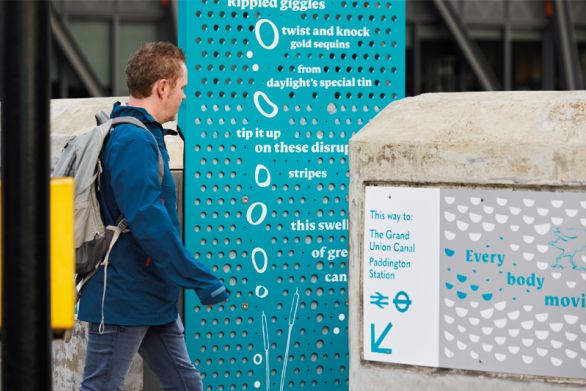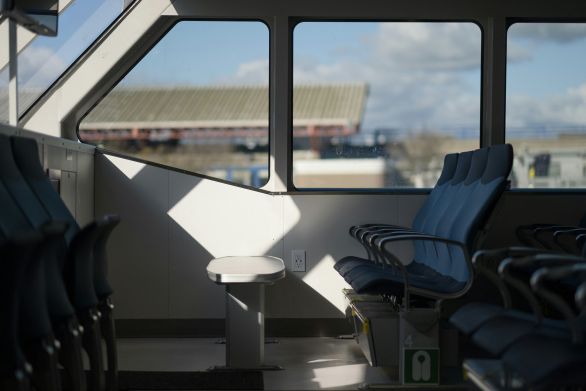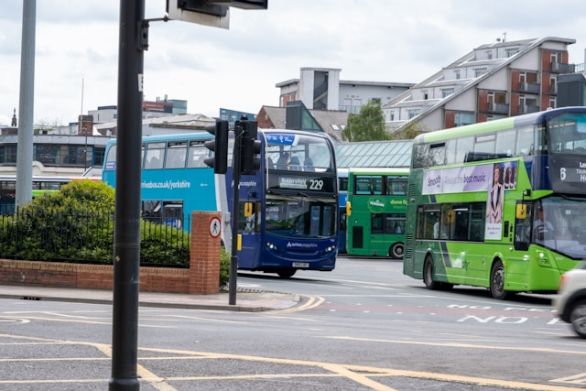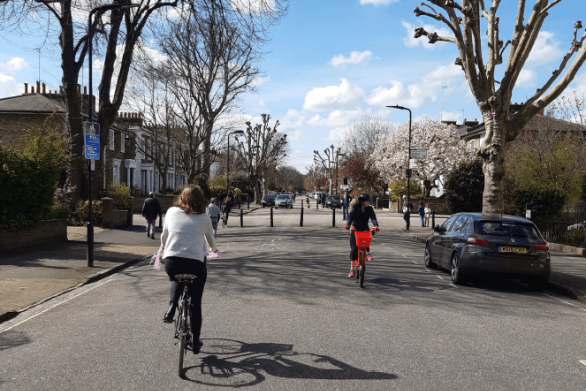From a novel urban experiment to a key element of the public transport network, we look at the rise of cycle hire schemes around the world and what further potential it could have in the UK.
The full report can be read here (PDF)
Ten years ago there were only five cycle hire schemes worldwide, all operating in Europe. These pioneering schemes consisted largely of a fleet of 4,000 free-to-use bicycles being placed within a city (many of which were stolen within months).
Today, the current worldwide cycle hire fleet is estimated to be around 236,000 bicycles in 230 towns and cities. While Europe is the home of cycle hire, accounting for 74% of all global cities with a scheme, cycle hire schemes can now be found on every continent, except Africa.
Many cities have discovered that, rather than being a novelty, cycle hire schemes can play an important role in today’s transport network, essentially filling the gap of trips that are too far to walk comfortably, but short enough to make public transport seem unnecessary. Recent high-profile successes of the Paris and London schemes have led to a rapid expansion worldwide, especially in the Americas (such as B-Bike in the USA and Eco-Bici in Mexico City). However, a common misconception about cycle hire schemes is that they are only viable in large cities. Here, we compare a large scheme (Barclays Cycle Hire in London, UK) with smaller schemes accross Spain (Onroll), and consider the potential for more cycle hire in the UK.
All bells and whistles scheme
The Barclays Cycle Hire model in London is what most people would associate with cycle hire. A number of stations are situated around the city where you can pick up and drop off a bicycle; instant membership is available at stations as long as you have a credit/debit card and the first 30 minutes are free. It’s high profile, big and expensive to set up, but it generally operates smoothly. This model of bicycle hire is repeated across major cities around the world and is a favourite of France, which has implemented this type of scheme in 33 of its cities.
Schemes on a budget
In contrast, Onroll, Spain’s nationwide cycle hire scheme uses mobile phone texting technology and almost exclusively operates in smaller urban areas. Due to its nationwide coverage, small towns can easily implement and understand the concept of cycle hire at minimal cost and resource. The set-up is basic – a web-sharing template is used for each new scheme, which centres around an interactive map of the town with bicycle rental locations and the real-time number of bikes available at each location.
Users register their mobile phone number to get a unique PIN. When they find a bicycle to use, they text the lock number of the bicycle, which is then released automatically. Once the user has finished with the bicycle, they take it back to a designated station location and text again to lock the bicycle up and end the rental period.
Onroll is currently in operation in 13 towns and cities in Spain, the largest being Albacete with a population of 170,000. Italy and Germany also use inexpensive, transferable and flexible models which are easy to roll out to smaller towns and cities.
Cycle hire in the UK?
Where is the UK in all this clamour for cycle hire schemes? While London has embraced the cycling culture, it has yet to spread to the vast majority of other UK towns and cities. One company, OYBike, runs to a similar model as Onroll, but after a series of cancelled pilots the system is currently only operating in Reading and Cardiff. Successful schemes need to wholeheartedly embrace cycle hire in their town/city, with docking stations at all important origins and destinations. But most importantly, cycle hire schemes need political will and backing to succeed.
Perhaps the Local Sustainable Transport Fund (LSTF) will play a defining role in transforming cycling as a transport mode across the country, especially where authorities combine initial funding with strong working business partnerships. With 81% of current LSTF bids involving some cycling element, the optimist might feel that the tide in England is starting to turn in favour of the two-wheeled pedal bike.











